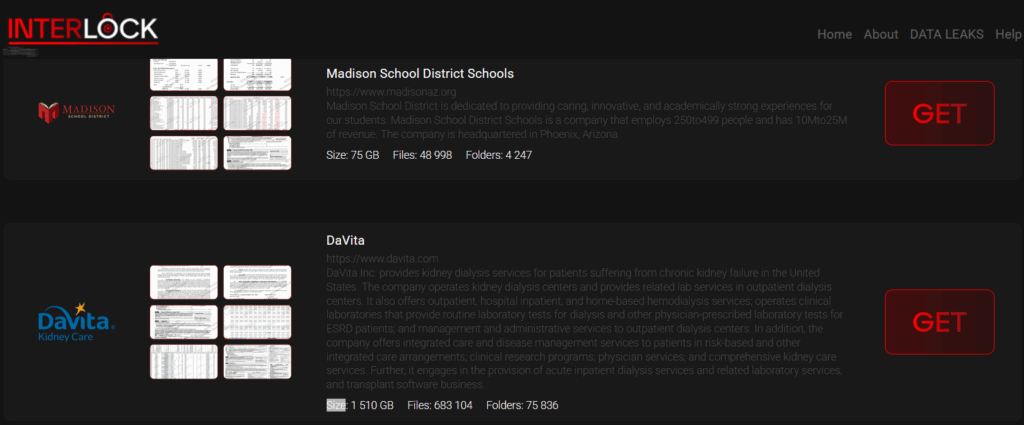AirBorne flaws can lead to fully hijack Apple devices
Vulnerabilities in Apple’s AirPlay protocol and SDK exposed Apple and third-party devices to attacks, including remote code execution. Oligo Security found serious flaws, collectively tracked as AirBorne, in Apple’s AirPlay protocol and SDK, affecting Apple and third-party devices. Attackers can exploit the vulnerabilities to perform zero-/one-click RCE, bypass ACLs, read local files, steal data, and […]

Vulnerabilities in Apple’s AirPlay protocol and SDK exposed Apple and third-party devices to attacks, including remote code execution.
Oligo Security found serious flaws, collectively tracked as AirBorne, in Apple’s AirPlay protocol and SDK, affecting Apple and third-party devices. Attackers can exploit the vulnerabilities to perform zero-/one-click RCE, bypass ACLs, read local files, steal data, and execute MITM or DoS attacks. These flaws can be chained to fully hijack devices over wireless or peer-to-peer connections.
The AirBorne vulnerabilities don’t affect all Apple devices, but with 2.35 billion active Apple devices globally, including 100+ million Macs and tens of millions of AirPlay-enabled third-party devices, the potential impact is vast.
The researchers found that two issues, tracked as CVE-2025-24252 and CVE-2025-24132, enable wormable zero-click RCE, letting attackers hijack AirPlay-enabled devices and spread malware across local networks. This poses risks of espionage, ransomware, and supply-chain attacks, with broad impact due to AirPlay’s presence in Apple and third-party devices.
“Oligo has demonstrated that two of the vulnerabilities (CVE-2025-24252 and CVE-2025-24132) allow attackers to weaponize wormable zero-click RCE exploits. This means that an attacker can take over certain AirPlay-enabled devices and do things like deploy malware that spreads to devices on any local network the infected device connects to. This could lead to the delivery of other sophisticated attacks related to espionage, ransomware, supply-chain attacks, and more.” reads the report published by Oligo Security. “Because AirPlay is a fundamental piece of software for Apple devices (Mac, iPhone, iPad, AppleTV, etc.) as well as third-party devices that leverage the AirPlay SDK, this class of vulnerabilities could have far-reaching impacts.”
CVE-2025-24252 is a critical use-after-free vulnerability in macOS, a remote attacker can trigger the flaw to execute arbitrary code. When chained with CVE-2025-24206, it allows zero-click, wormable attacks on devices with AirPlay enabled on open network settings. Attackers can exploit this to spread malware across networks without user interaction, even via public WiFi.
CVE-2025-24132 is a stack-based buffer overflow flaw in the AirPlay SDK, enabling zero-click, wormable RCE on all supported speakers and receivers. Exploits can spread without user interaction, leading to outcomes from playing media to serious intrusions like eavesdropping via device microphones in sensitive environments.
To reduce risk, users should update devices, disable AirPlay Receiver if unused, restrict AirPlay access via firewall (port 7000), and set “Allow AirPlay for” to “Current User” to limit exposure.
“For organizations, it is imperative that any corporate Apple devices and other machines that support AirPlay are updated immediately to the latest software versions. Security leaders also need to provide clear communication to their employees that all of their personal devices that support AirPlay need to also be updated immediately.” concludes the report.
Follow me on Twitter: @securityaffairs and Facebook and Mastodon
(SecurityAffairs – hacking, Apple’s AirPlay, AirBorne)








